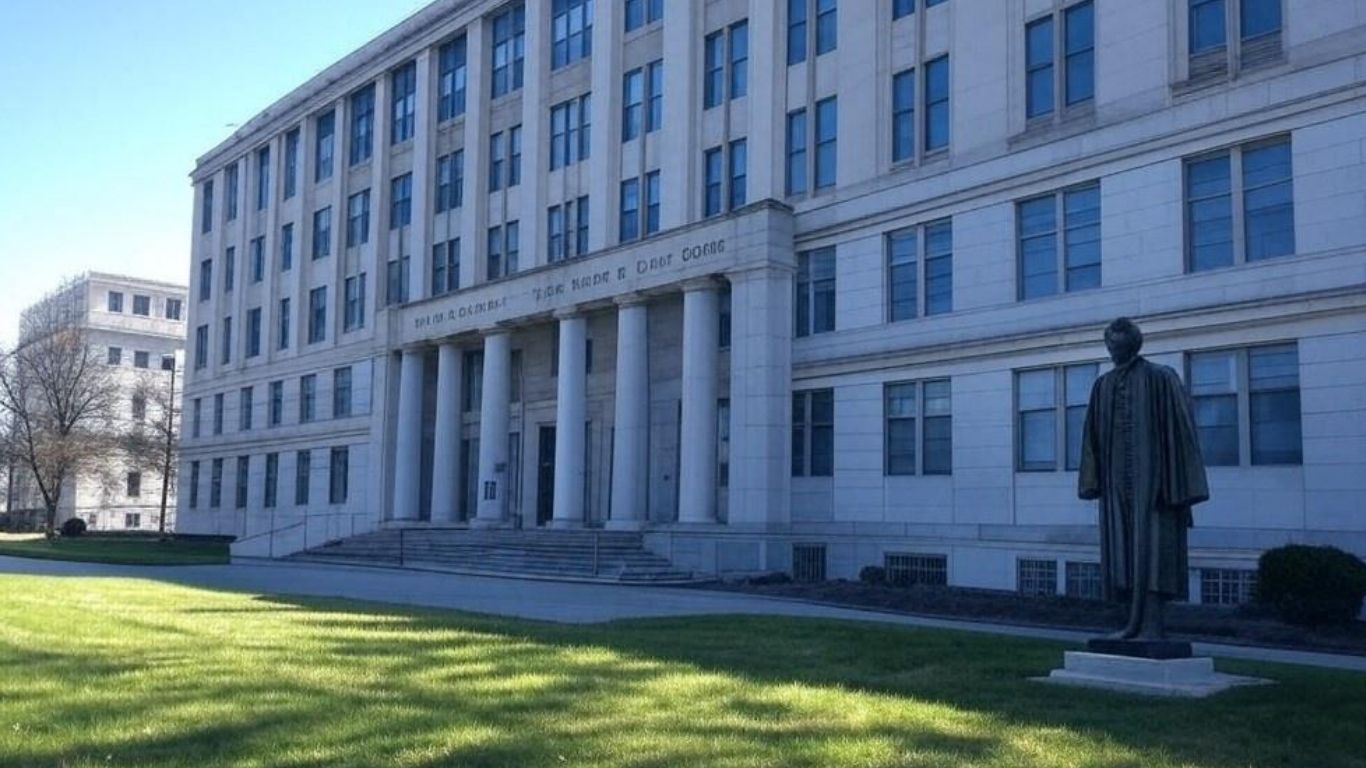The U.S. 6th Circuit Court of Appeals issued a landmark ruling on Thursday, declaring that the Federal Communications Commission (FCC) lacks the authority to regulate internet providers as public utilities. This decision effectively blocks the reinstatement of net neutrality rules, a policy initially introduced during the Obama administration.
Background on Net Neutrality
Net neutrality ensures that broadband providers treat all legal internet traffic equally, prohibiting practices like throttling or prioritizing certain websites or services.
- Obama-era FCC: Introduced net neutrality rules in 2015, classifying broadband as a public utility.
- Trump-era FCC: Repealed these rules in 2017 under a Republican majority.
- Biden-era FCC: Reinstated net neutrality in April 2024 after Democrats regained majority control.
Court Ruling
Judge Richard Griffin, writing for the three-judge appellate panel, referenced the Supreme Court’s June ruling that limits federal agencies’ authority to interpret ambiguous regulations:
“We can end the FCC’s vacillations.”
This decision aligns with recent judicial trends favoring a more restrictive interpretation of federal regulatory powers.
Reactions
- FCC Chair Jessica Rosenworcel:
Expressed disappointment, stating that Americans “want an internet that is fast, open, and fair.” She urged Congress to codify net neutrality principles into federal law. - FCC Commissioner Brendan Carr:
Praised the ruling, describing Biden’s efforts to reinstate net neutrality as an “internet power grab.” Carr promised further deregulation under the FCC’s Republican leadership.
What’s Next for Net Neutrality?
Open-internet advocates may appeal to the Supreme Court, but experts see this as unlikely to succeed. Former FCC official Marc Martin remarked that without clear congressional action, the path to net neutrality is effectively blocked:
“Future bad acts” by internet providers could potentially rekindle legislative interest, but until then, the matter appears settled.
Impact on Consumers and the Internet
This ruling leaves internet providers with significant freedom to manage traffic as they see fit, raising concerns among advocates about potential:
- Throttling of competing services.
- Paid prioritization for certain websites.
- Reduced accessibility for smaller or nonprofit websites.
The debate now shifts to Congress, which must decide whether to step in and create clear federal guidelines to ensure an open internet for all users.















